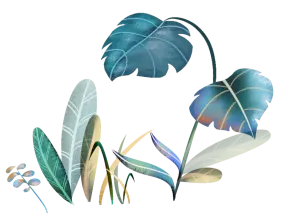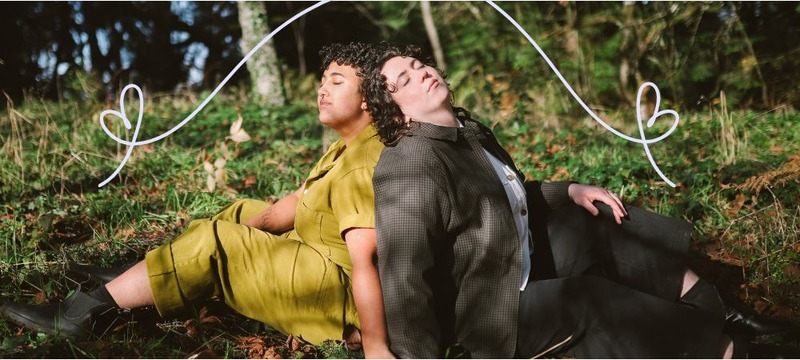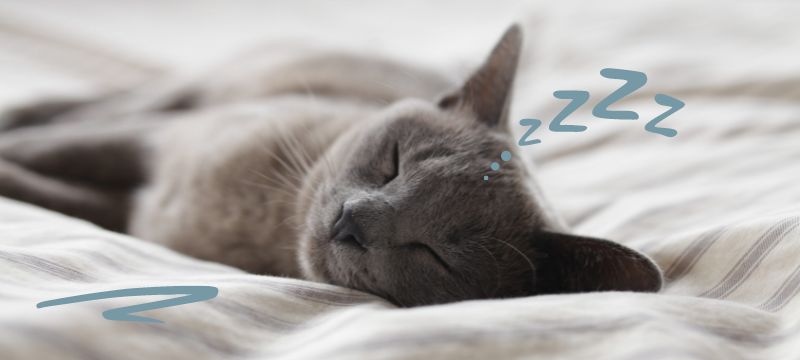Just Been Diagnosed With Autism Or ADHD? Now What?

Okay. So you’re an adult who’s just been diagnosed as autistic or ADHD. And you’re wondering, “What do I do now?”

You aren’t alone in feeling lost. We’ve been there too.
So here are some suggestions that might help you navigate the journey.
1. Permission to feel
It’s common to feel mixed feelings after a diagnosis. Sadness, confusion and relief can all coexist.
You may feel angry or frustrated as to why it took so long to be diagnosed. And you may also feel grief for your younger self, for the years you were struggling or misunderstood.
You may feel as though being autistic or ADHD is empowering. Or you may feel very disabled by it. Or perhaps you feel as though it’s neutral.
You are who you are. And you’re allowed to define it for yourself.
Give yourself permission to feel all your feelings. All feelings are valid.
2. Learn about neurodiversity
If a traditional psychologist or psychiatrist diagnosed you, you’ve likely been told you have a neurodevelopmental disorder.
But the term disorder is rooted in the idea that there is a “normal” brain. And any brains that don’t meet this standard of normal are labelled disordered. However, a normal brain doesn’t exist.
Normal is just a set of expectations. We expect all people to have the same:
- behaviours
- styles of thinking
- ways of processing information
However, trying to make everyone meet these standards of “normal” is very harmful.
The neurodiversity movement says there is no such thing as normal. It is a social/political movement to validate neurological differences, such as autism and ADHD.
Instead of seeing these conditions as disordered? The neurodiversity movement says these differences are neutral variations in human function.
3. Find a support network

Surrounding yourself with people who understand what you’re going through can be very helpful.
This can include:
- following autistic/ADHD online creators
- joining online communities like
- finding neurodiversity-affirming professionals such as an occupational therapist or a mental health therapist. They can help you with emotional regulation strategies or daily life tools
4. Helpful tools & techniques
ADHD and autism have a lot of overlap in terms of executive function and sensory sensitivities. So finding ways to cope with them is important.
Unfortunately, traditional productivity advice doesn’t work for us. Because we often have very different ways of working that suit us best.
Learning from actually autistic and ADHD folk is usually best. Their tips may seem unconventional, but then again, so are we!
Things that can help are:
- apps for neurodivergent adults
- setting up a sensory-friendly space
- accommodations for yourself at work and home
5. Set up systems for success
You might have heard the saying “make systems not routines”. But what does that even mean?!
Routines are a set of habits. And they usually rely on internal motivation, awareness or memory to happen.
But systems are a way to make things easy or automatic for yourself.
It means organising your external environment so you don’t need to rely on habits to achieve what you want.
For example:
| Routine/Habit | System |
|---|---|
| remembering to grab socks before going to put on your shoes | putting a box of socks next to the shoe rack |
| a notification to pay a bills | setting up a direct debit |
| taking your medication each day | setting a weekly reminder to fill a pillbox & a daily reminder to take them |
| knowing you have leftovers that are still within the ‘use by’ date | using a whiteboard on the fridge door and writing the date you made the meal before putting the leftovers away |
| promising yourself you’ll only play a mobile phone game for 30 minutes | deleting the mobile phone game |
| folding clean clothes or hanging them up in cupboards | separate baskets for underwear, t-shirts and pants to throw into once they’re dry |
6. Practice restful self-care

Restful self-care is any form of rest, relaxation or rejuvenation. It’s different to those regular habits of ritual self-care.
And restful self-care is important for autistic and ADHD adults because we’re more prone to burnout.
We live in an ableist society that rarely accommodates disabilities or divergence.
So burnout is more common in neurodivergent adults due to:
- the different ways we process information,
- our cyclical energy, and
- a lack of support
which can all contribute to overwhelming stress.
But rest can also be boring, especially for ADHDers, which is why rejuvenation is a key element of restful self-care.
These are more active, intentional activities that promote relaxation and well-being, such as:
- doing a puzzle
- playing a cosy game
- spending time in nature
- physical therapy such as yoga, Pilates or gentle stretching
- artistic or crafting hobbies like knitting, painting or drawing
6. Co-occurring conditions
It’s common for ADHD and autistic adults to have additional physical and/or intellectual conditions. You may need to look into a diagnosis for these. Or need extra support for yourself.
Common co-occurring conditions with ADHD & autism include:
- PTSD
- migraine
- scoliosis
- dyslexia
- dyspraxia
- dyscalculia
- fibromyalgia
- sleep apnea
- endometriosis
- hypermobility
- Ehlers Danlos Syndrome (EDS)
- Polycystic Ovarian Syndrome (PCOS)
- Mast Cell Activation Syndrome (MCAS)
- Postural Orthostatic Tachycardia Syndrome (POTS)
- eating difficulties like ARFID, anorexia and binge eating
- gut conditions like coeliac, gluten intolerance, and GERD
- auto-immune diseases like rheumatoid arthritis, lupus and Hashimotos
7. Be yourself
Every single person on the planet has strengths and challenges. We are all different and unique individuals.
You are not a defective person simply because you’re autistic or ADHD.
As much as possible, treat yourself with kindness, and compassion, and give yourself permission to be neurodivergent.
Takeaway
Getting an autism and/or ADHD diagnosis can be an emotional process. The good news is, that you’re not alone.
There are some wonderful communities, tools and techniques that can help you live more authentically.
Learning what works for you, connecting with supportive people and taking good care of yourself can help you thrive.
Feel calm effortlessly with the Restful app. Download for free on Google Play or the App Store today!